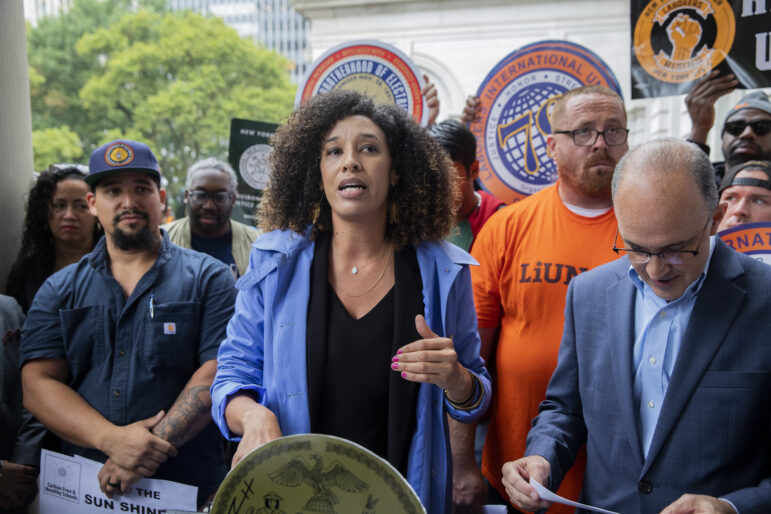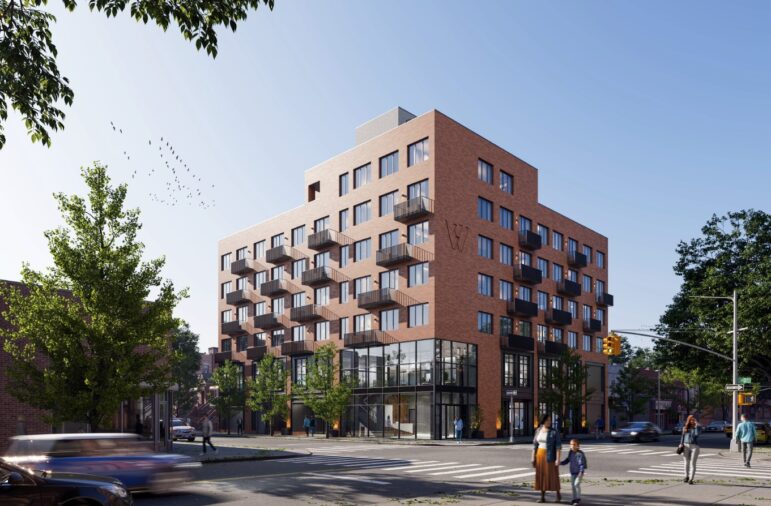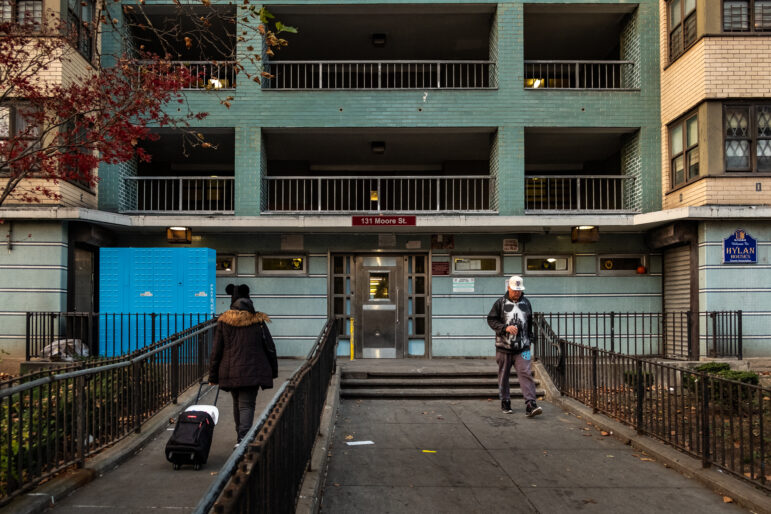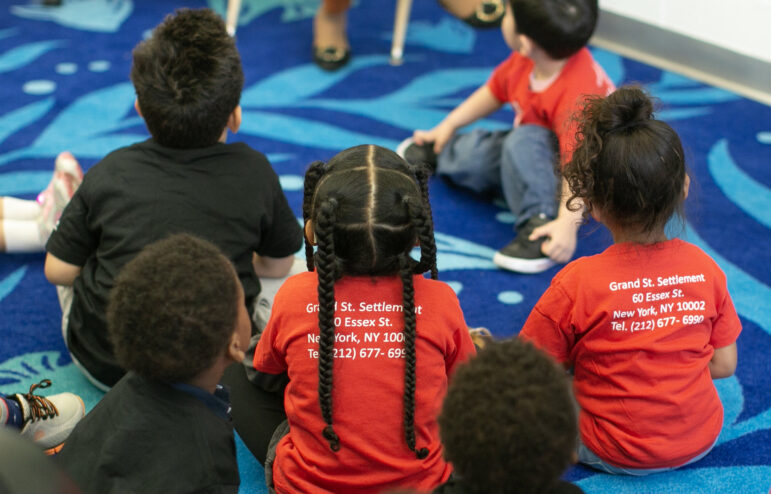“Attorneys are being forced to resign not because they want to leave, but because they cannot provide for their own families if they stay. Offices that were once inundated with job applicants for a small number of vacant positions a decade ago have vacancies that are now taking months to fill—if they can be filled at all.”
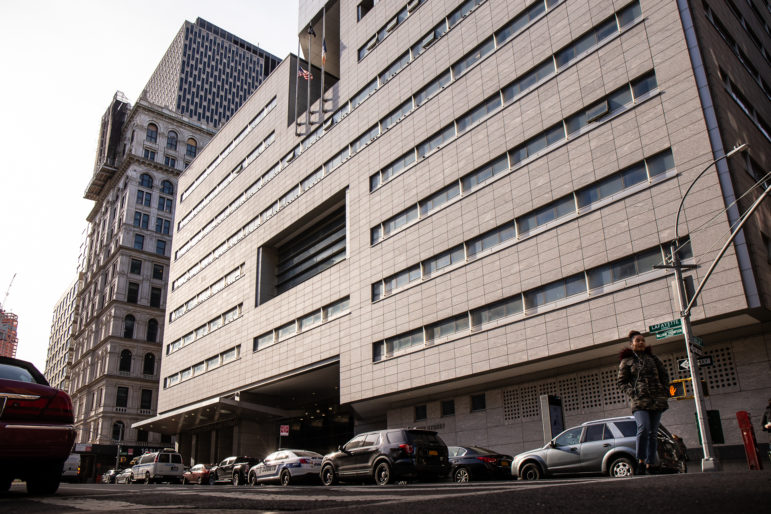
Adi Talwar
New York County Family Court at 60 Lafayette Street in Manhattan.Kids have had it rough during the COVID-19 pandemic, from widening learning gaps to struggles with isolation and mental health. Adolescent suicides have increased, and now we’ve arrived at a watershed moment in our ability to ensure that the rights of New York’s most vulnerable children are protected in courtrooms across the state.
Attorneys for Children (AFC) offices throughout New York are suffering an unprecedented crisis caused by years of flat funding, compounded by devastating pandemic-era budget cuts. Attorneys for children are forced to look on as Black and Latinx children and families face growing disparities, while their workloads increase and their experienced colleagues resign.
These caseloads, which have increased in complexity and sheer number, threaten every aspect of the court system’s goal of guaranteeing equal access to justice.
While government and parent attorneys carry between 55 and 65 cases at any time, AFCs are outliers: State court guidelines set caseload standards at 150 children, which can mean a significantly higher number of cases since one child often has several dockets.
Carrying those caseloads is unsustainable, and Albany has a moral obligation to immediately step in.
AFCs including The Legal Aid Society and Lawyers For Children have proposed a minimum 20 percent across-the-board increase and a commitment from the New York State Office of Court Administration (OCA) to provide pay parity with our government counterparts. Without this support for legal services for children, the overwhelming majority of whom are Black and Latinx, justice is effectively denied.
What’s worse, attorneys are being forced to resign not because they want to leave, but because they cannot provide for their own families if they stay. Offices that were once inundated with job applicants for a small number of vacant positions a decade ago have vacancies that are now taking months to fill—if they can be filled at all.
After all, why work as an Attorney for Children when your salary after five years can be $20,000 less than a government attorney on their first day?
The result is a toxic formula. It’s now virtually impossible to provide the highest quality representation for our clients. AFC offices provide over 90 percent of the representation for children in New York City, as well as several upstate counties and cities, including Buffalo.
Social workers, investigators, paralegals and administrative staff are the backbone of our practice, and they are also burdened by the lack of adequate funding. We are facing a crisis that only OCA can begin to address and one that directly impacts our ability to provide quality legal representation for the youth we serve.
This crisis is boiling over at a time when the stakes to bring equity to the state’s family courts have never been higher. A report commissioned in 2020 by Janet DiFiore, former chief judge of the New York Court of Appeals, to conduct an independent review of racism, bias and disparate treatment in the state court system’s policies and practices revealed damning findings.
Family Court, which overwhelmingly serves indigent litigants and people of color, was characterized as a “second-class court” with special adviser Jeh Johnson, the former U.S. Homeland Security Secretary, describing its conditions as “dehumanizing” and involving a “demeaning cattle-call culture.”
The report underscored the effects of an “under-resourced, over-burdened” court system and its disparate impact on indigent litigants and people of color.
Taking action to correct long-standing inequalities and baked-in injustices requires OCA to immediately increase funding for Attorneys for Children.
Nothing less than the future of our children is at stake.
Dawne Mitchell is chief attorney of the Juvenile Rights Practice at The Legal Aid Society. Karen J. Freedman is the president of Lawyers For Children. Judith Gerber is chief attorney of the Attorneys for Children Unit with the Legal Aid Bureau of Buffalo.


